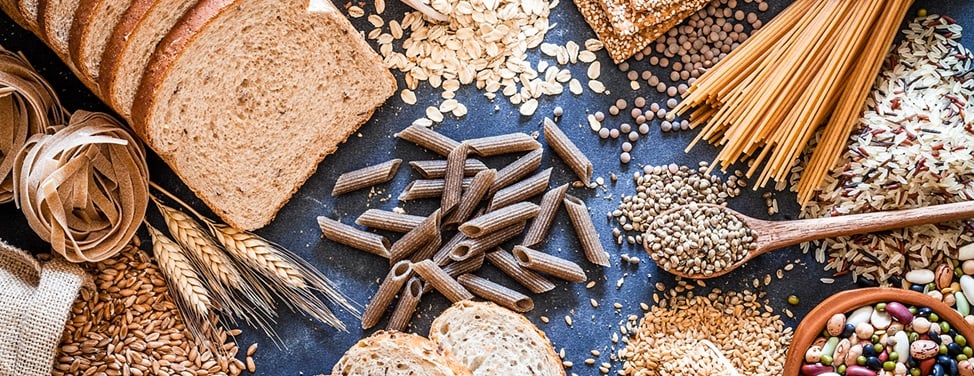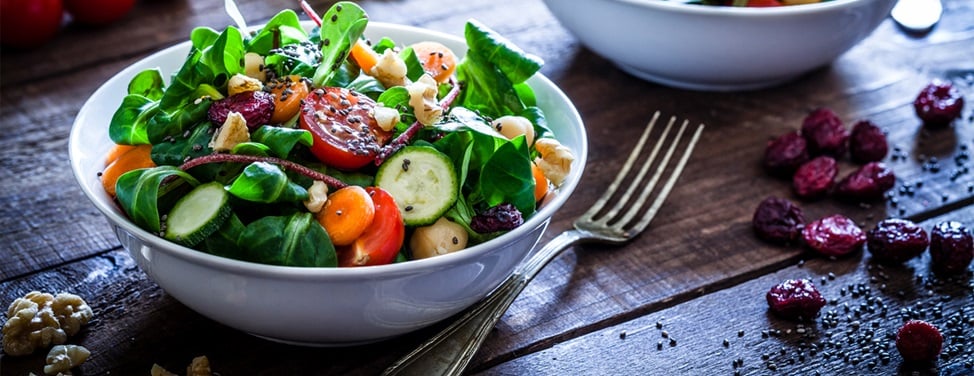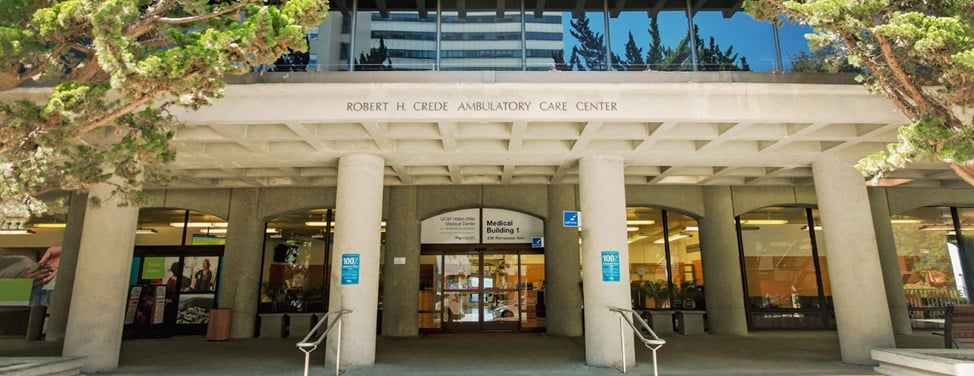
Counting Carbohydrates
The following foods each contain about 15 grams of carbohydrates in the serving size listed.
Milk group
1 cup = 8 fluid ounces
- 1 cup milk — nonfat, 1 percent fat, 2 percent fat, whole
- 1 cup soy milk
- 1 cup buttermilk
- 2/3 cup plain yogurt
- 2/3 cup yogurt with artificial sweetner
Starch group
Measured after cooking.
- 1 slice of bread (weighing 1 ounce)
- 1/4 large bagel
- 1/2 hamburger bun, hot-dog bun, pita bread, English muffin
- 1/3 cup rice, noodles, millet, couscous, quinoa, polenta, stuffing
- 1/2 cup beans (pinto, kidney, garbanzo), lentils or split peas
- 1/2 cup starchy vegetable (corn, peas, potato, sweet potato, yam)
- 1/2 cup bulgur, grits, kasha, oatmeal
- 1 small tortilla (flour or corn, 6-inch size)
- 6 saltine crackers
- 3 graham cracker squares
- 3 cups popcorn
Fruit group
- 1 small apple, orange, peach, pear, or nectarine (1/2 if large fruit)
- 1 small banana (1/2 of average banana)
- 1/2 grapefruit
- 1/2 cup unsweetened applesauce or mango
- 3/4 cup fresh pineapple chunks, blueberries or blackberries
- 17 grapes
- 3 prunes or dates
- 1-1/4 cups strawberries or watermelon
- 1 cup cantaloupe, honeydew or papaya
- 1 large kiwi
- 2 small tangerines or plums
- 2 tablespoons raisins
- 1/2 cup orange, apple or grapefruit juice
Non-starchy vegetables
These vegetables contain about 5 grams of carbohydrates per serving size of 1/2 cup cooked or 1 cup raw.
|
Artichokes |
Hearts of palm |
|
Asparagus |
Jicama |
|
Bamboo shoots |
Kohlrabi |
|
Bean sprouts |
Leeks |
|
Beans (green, wax, Italian) |
Mushrooms |
|
Beets |
Okra |
|
Bitter melon |
Onions |
|
Bok choy |
Pea pods |
|
Broccoli |
Peppers |
|
Brussels sprouts |
Radish |
|
Cabbage |
Rutabaga |
|
Carrots |
Snap peas |
|
Cauliflower |
Spinach |
|
Celery |
Summer squash and zucchini |
|
Chayote |
Swiss chard |
|
Cucumber |
Tomatoes and tomato sauce |
|
Eggplant |
Turnips |
|
Greens (kale, mustard, turnip) |
Water chestnuts |
Meats, proteins and fats
The following meats, protein foods, and fats contain little or no carbohydrates.
- Avocado and guacamole
- Butter and margarine
- Cheese including cottage and cream cheese
- Chicken
- Cream and half-and-half
- Eggs
- Fish
- Mayonnaise
- Meat (beef, lamb, pork)
- Nuts
- Oil
- Olives
- Peanut butter
- Poultry (chicken, turkey)
- Seafood (fish, shellfish)
- Seeds
- Vegetable oils (all types including sprays)
Carbohydrate-free foods
The following foods are low in calories and free of carbohydrates.
- Artificial sweeteners
- Broth
- Coffee
- Garlic
- Ginger
- Hot sauce
- Lemons and limes
- Lettuce
- Mineral water
- Spices
- Sugar-free drinks, such as diet soda, Crystal Light and Diet Snapple
- Sugar-free gum
- Sugar-free Jell-o
- Tea
UCSF Health medical specialists have reviewed this information. It is for educational purposes only and is not intended to replace the advice of your doctor or other health care provider. We encourage you to discuss any questions or concerns you may have with your provider.











